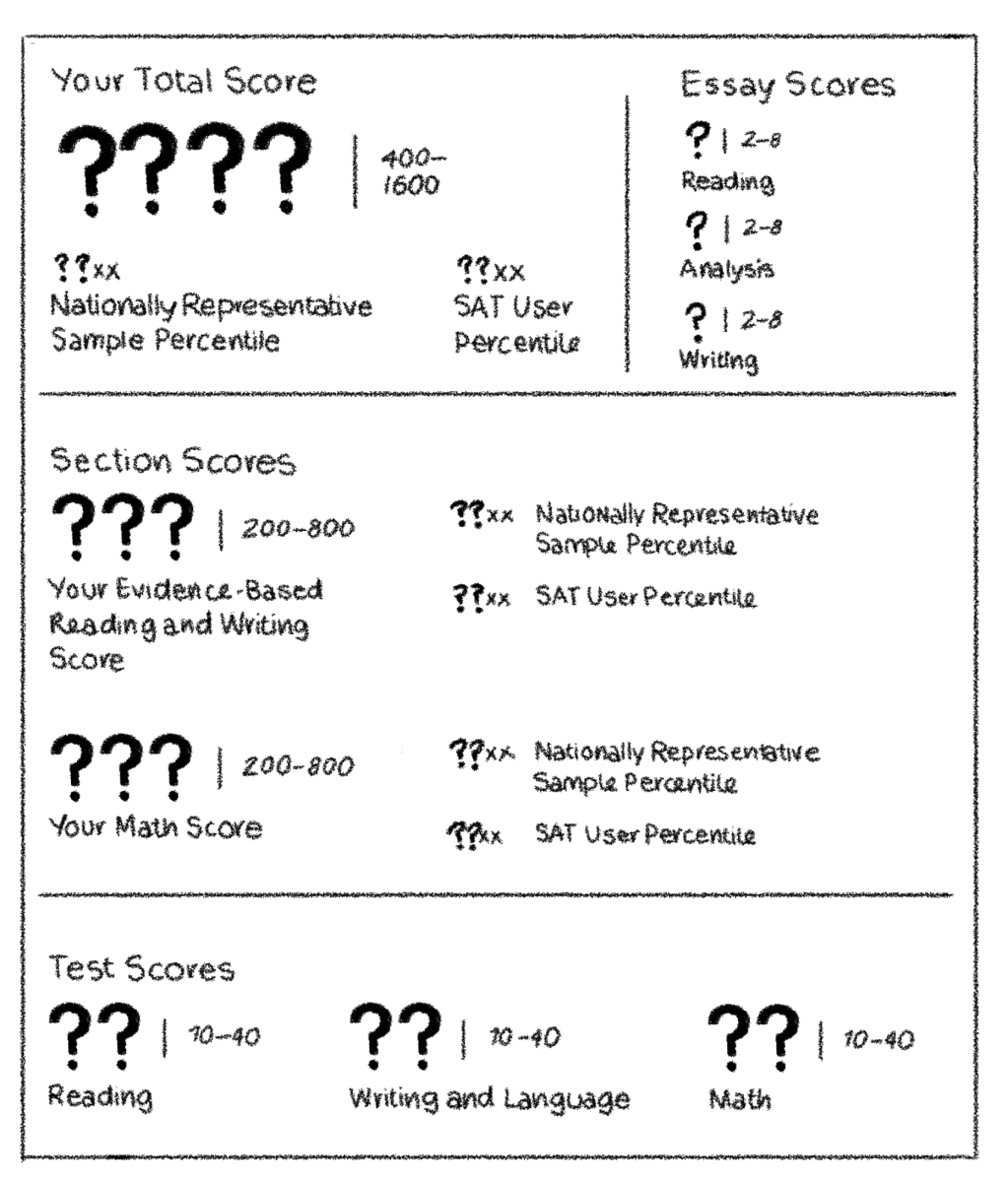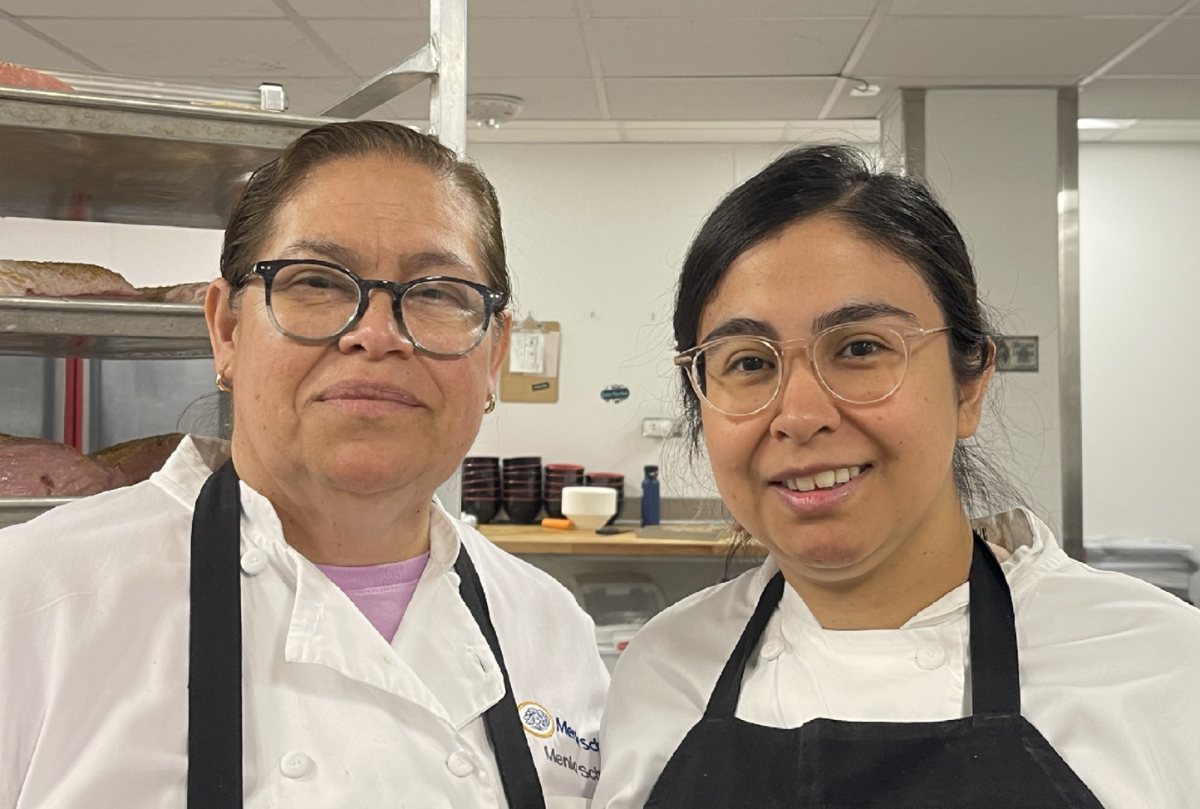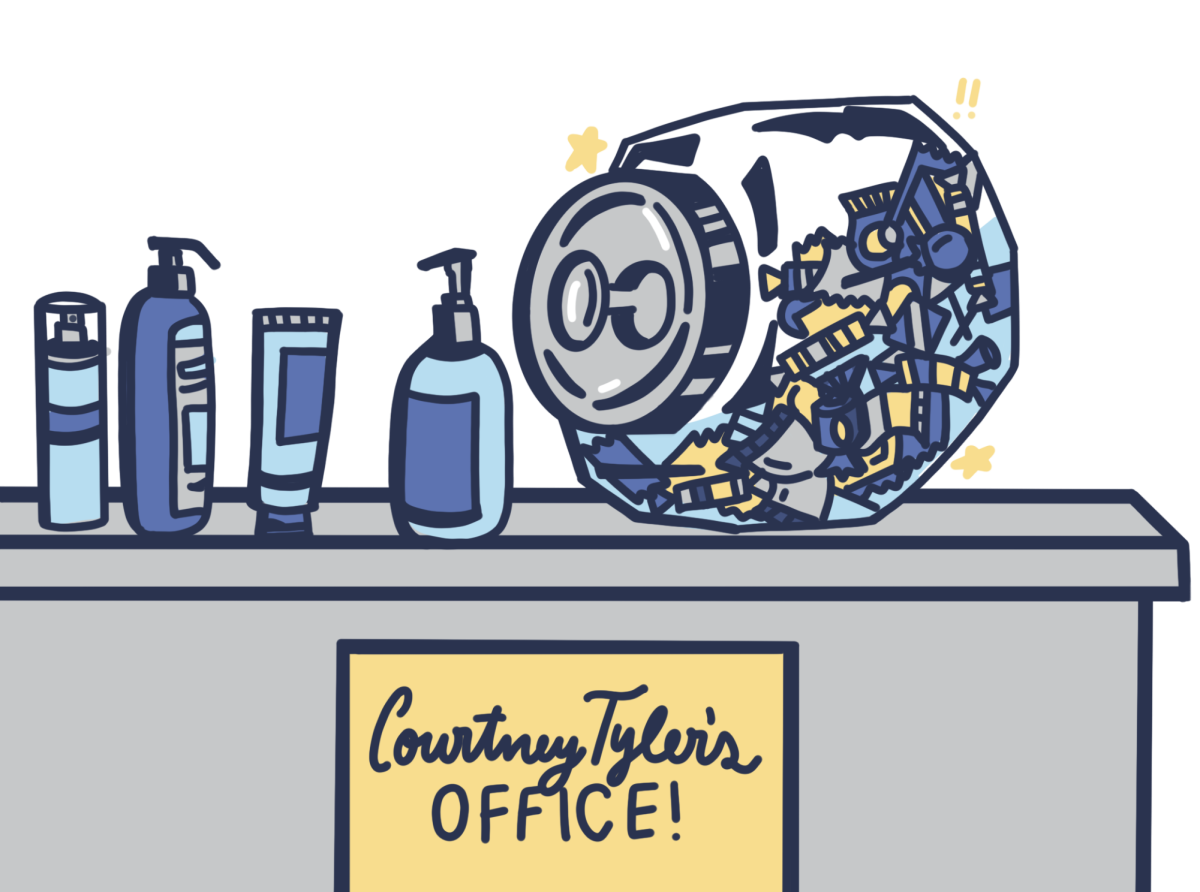During COVID-19, many colleges and universities decided to make standardized testing optional. According to Director of College Counseling Lisa Giarratano, colleges made testing optional partly because of COVID restrictions. “Students couldn’t physically test because of the social distancing restrictions,” Giarratano said.
Colleges understood that students faced additional challenges due to the pandemic, such as not being able to participate in internships, summer camps or competitions that would bolster one’s application, and decided to change their process to be more adaptive and lenient for applicants.
Giarratano found that test-optional policies were significantly helpful for students. “At the time, it alleviated a lot of stress for students who were panicking about not being able to find a test site, so that was comforting,” she said.
At the same time, shifts towards test-optional policies also exemplified colleges’s efforts to increase diversity and equity on campuses. The cost of standardized tests encompasses not only materials, but also outside assistance with preparation, and can disproportionately disadvantage minorities and low-income families. In fact, according to Fair Test, an educational organization that addresses issues related to fairness and accuracy in student test taking, students of color on average score lower on college admission tests, likely due to a lack of access to test-taking resources.
English teacher Jay Bush believes that the correlation between socioeconomic status and test scores played a key role in making tests optional. “You will see that people who have more wealth tend to have higher scores, so there’s an unequal distribution,” he said.
Bush feels that students from wealthier families have access to more resources to help them succeed on standardized tests, such as tutors and schools where the content of standardized tests is integrated into the curriculum. Specialized preparation directly leads to higher test scores and disadvantages students who struggle financially and don’t have the money to hire teachers.
However, as restrictions have loosened in the years following the pandemic, colleges have begun to revert to requiring standardized test scores. For instance, Dartmouth College, Brown University and Yale University recently announced that they would require students to submit standardized test scores.
Giarratano said that for each college that returns to mandatory testing, there will be around three to four that will continue their test-optional policies. “Every college has its own institutional priorities and, for some of these colleges, they choose to prioritize test scores,” she said.
Dartmouth followed other universities, such as Georgetown University and the Massachusetts Institute of Technology, in requiring students to submit standardized test scores. Whether other well-known colleges, such as the rest of the Ivy Leagues, will follow their example is yet to be determined.
Senior Aaliyah Sanders decided to apply to test-optional colleges because she doesn’t consider herself a good test taker. “I knew I did not want to prepare or study for the test, so I chose to only apply to test-optional schools,” she said.
Sanders is just one of the many students who assessed their abilities and decided that their standardized test score would not bolster their application.
Bush is conflicted about whether colleges should consider standardized test scores in the admission process. “If [colleges] are reading those scores within the context of an individual’s backgrounds, such as socioeconomic and racial ones […] I think that can be a beneficial thing,” Bush said.
On the other hand, he fears that colleges deliberately implement the test to make the admission process more straightforward instead of considering other factors, such as an applicant’s economic background.
Sanders thinks that the weight of standardized tests during admissions depends on what the colleges value. “Some colleges believe it is an important aspect of their students while others believe test scores can be disregarded. It is viewed differently and held to a higher degree for different schools.”









